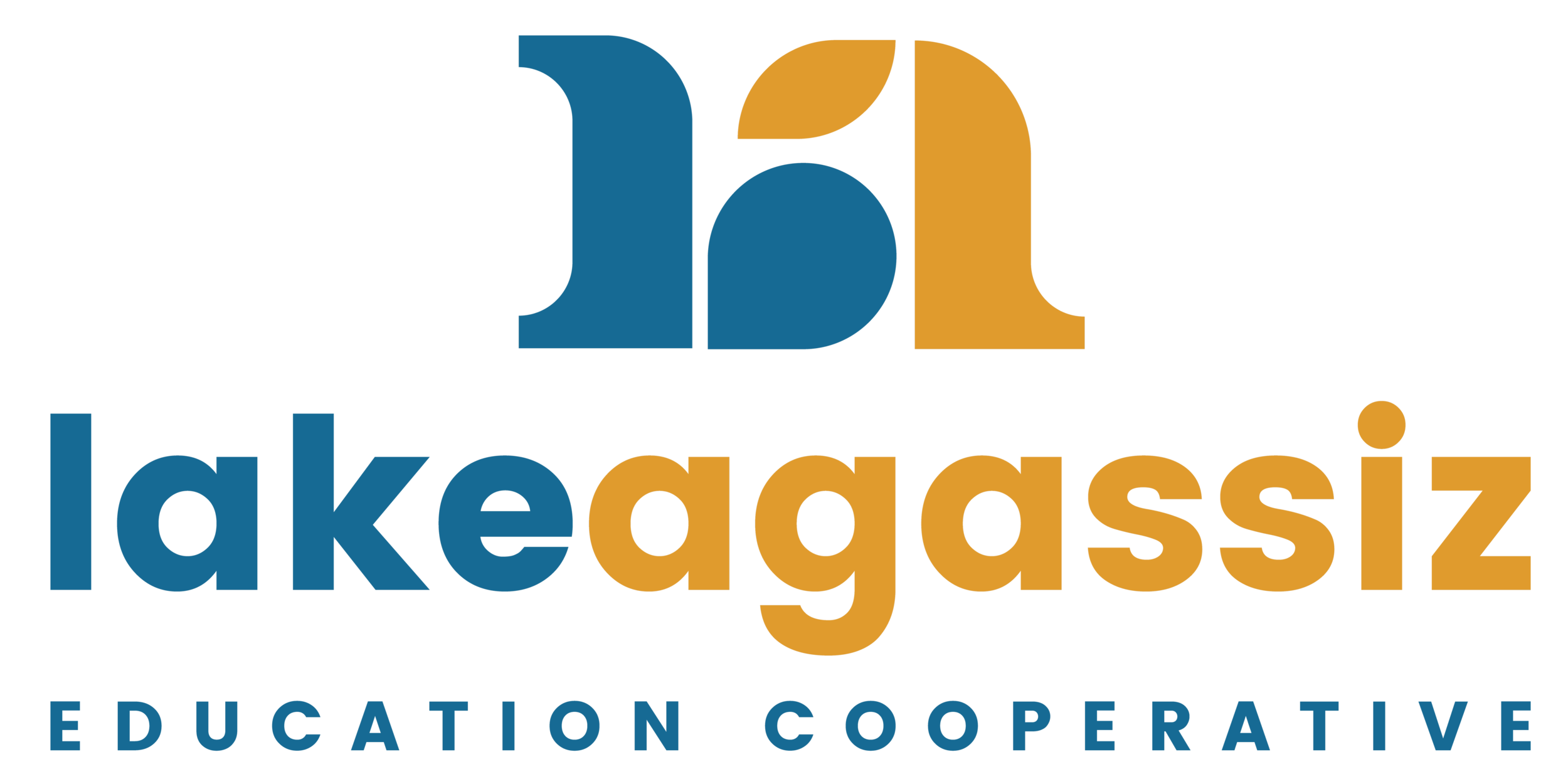Assistive Technology
What is Assistive Technology?
The Individuals with Disabilities Education Act (IDEA 2004) requires that Assistive Technology (AT) devices and services be considered for every child with an IEP. At LASEC, the ultimate goal of AT is to increase, maintain, and/or improve the functional independence of individual learners with disabilities within their classroom environment. Devices are often described by their “tech level” from low to high. Low tech tools such as pencil grips or simple overlays have equal potential to support individual needs as high tech tools like iPad applications or computer based devices. As a result, devices across all “tech levels” should always be considered to support an individual’s unique needs. AT services assist students in the selection and implementation of the AT device. This service has the potential to range from basic AT consideration to training of the student and/or staff members to appropriate utilize the AT device.
In LASEC, the IEP team is responsible for making decisions about whether assistive technology devices and/or services are necessary based on a child’s unique needs on at least an annual basis. These decisions can be made through comprehensive evaluations, IEP team conversations, observations, trial periods, student/family interviews, and LASEC’s Assistive Technology Consideration Form.
Examples of Assistive Technology Used Across the Cooperative
Fine Motor Related to Computer Access: Word Prediction, Alternative Mouse, Touch Screen
Motor Aspects of Writing: Slant Board, Portable Word Processor, Raised Lined Paper
Composing Written Materials: Voice to Text Software, Word Prediction Applications, Overlays
Communication: Voice Output, Switches, Typing to Speech Applications
Reading: Color Overlays, Voice Over Applications, OCR
Learning and Studying: Schedules, Graphic Organizers, Organizational Applications
Math: Number Line, Calculator, Manipulatives
Recreation and Leisure: Switch Activated Toys, Digital Measuring Cups, Card Shuffler
Seating/Positioning: Stander, Blocks, Alternative Chairs
Mobility: GPS Device, Walker, Adapted Car Seat
Vision: Zoom Applications, Screen Reader, Magnifier
Hearing: Hearing Aides, Closed Captioning, Flash Alerts
Self-Care: Dressing Aides, Adapted Utensils, Non-Slip Materials

